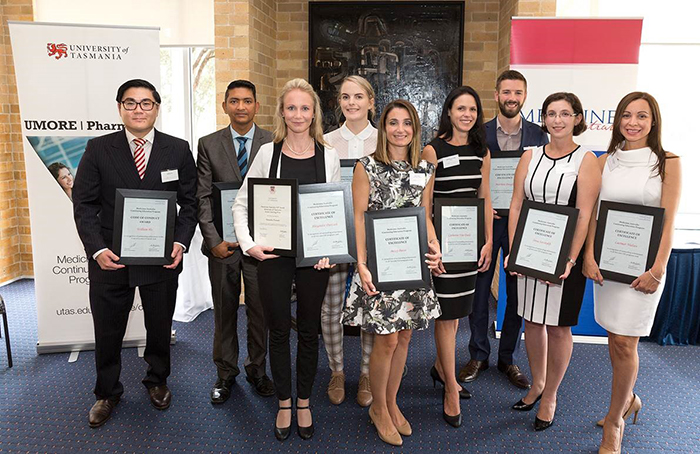Strategic Agreement between the Innovative Pharmaceutical Industry and Government delivers certainty for industry, savings to taxpayers and benefits to patients
Medicines Australia has signed a Strategic Agreement with the Australian Government that will support ongoing access to the latest innovative medicines for patients, significant savings to taxpayers and provide much needed stability for the innovative medicines industry.
The five year agreement will deliver $1.8 billion in savings that will be reinvested into the supply of medicines, including more breakthrough therapies on the Pharmaceutical Benefits Scheme (PBS). The Agreement also incorporates significant process improvements to update the PBS, as well as measures that will help to accelerate access to the latest medicines for Australian patients.
The changes will see single brand (innovative) medicines reduced in price after being on the PBS for 5, 10 and 15 years respectively. On entry of brand competition, there will be an increase from the current 16% reduction to 25%.
Medicines Australia Chairman Wes Cook says, “This agreement upholds the key principles sought by Medicines Australia, such as the need for policy predictability and certainty for industry; acknowledgement that the industry is currently delivering savings through recent reforms and that the additional savings generated for taxpayers will be reinvested into new medicines on the PBS.”
“The decision to sign the Strategic Agreement ends a long period of uncertainty for industry and will help to improve the confidence of our members to continue to bring innovative medicines to Australia and to invest in local research and development, such as clinical trials,” said Mr Cook.
“This agreement is a significant step towards creating an environment that encourages growth in the Australian pharmaceutical industry which has been identified as one of the key sectors for our nation’s future economic success.”
“Medicines Australia entered into this agreement with a number of key principles that were not only important for our sector but also vital for prescribers, patients and the future of the PBS.”
“Fundamental to all discussions was the principal that a physician has the right in consultation with their patient to determine the exact treatment that is prescribed and dispensed. This principle is upheld in the agreement with appropriate, physician- determined introduction to biosimilar and generic medicines,” said Mr Cook.
Medicines Australia Chief Executive Milton Catelin acknowledged the support of pharmaceutical companies in helping to design these reforms that will help to shape the local industry.
“Over the past decade our members have worked with successive governments to ensure the PBS has remained sustainable. But with so much change for so long there is a need for a period of stability and certainty,” said Mr Catelin.
“That’s why it’s so important for our members that a fundamental condition of the Agreement is that no additional pricing reforms will be implemented over the five year term.”
“This will be one of the key factors helping to encourage the industry to continue to invest with confidence in Australian medical research and science, including much needed clinical trials.”
“We want to see an environment that will help this industry continue to grow to provide more opportunities for Australian medical science and better health outcomes for all Australians.”
“The agreement is one of the important enablers for this much-needed investment by our members, along with a world class regulator, a robust intellectual property regime and globally competitive tax arrangements.”
“Medicines Australia looks forward to discussing this important agreement with the Parliament and other stakeholders integral to the supply chain, to outline its benefits to patients, taxpayers and the local industry,” said Mr Catelin.
The Strategic Agreement will take effect from 1 July 2017 and expire on 30 June 2022.
Department of Health – Landmark compact with Medicines Australia
09 May 2017 Strategic Agreement with Commonwealth
09 May 2017 – Summary Document – Strengthening the PBS
Ends
CONTACT:
James Boyce – Director External Relations and Communications – 0423 239 265
Natalie Wimmer – Media Communications Manager – 0450 728 660


